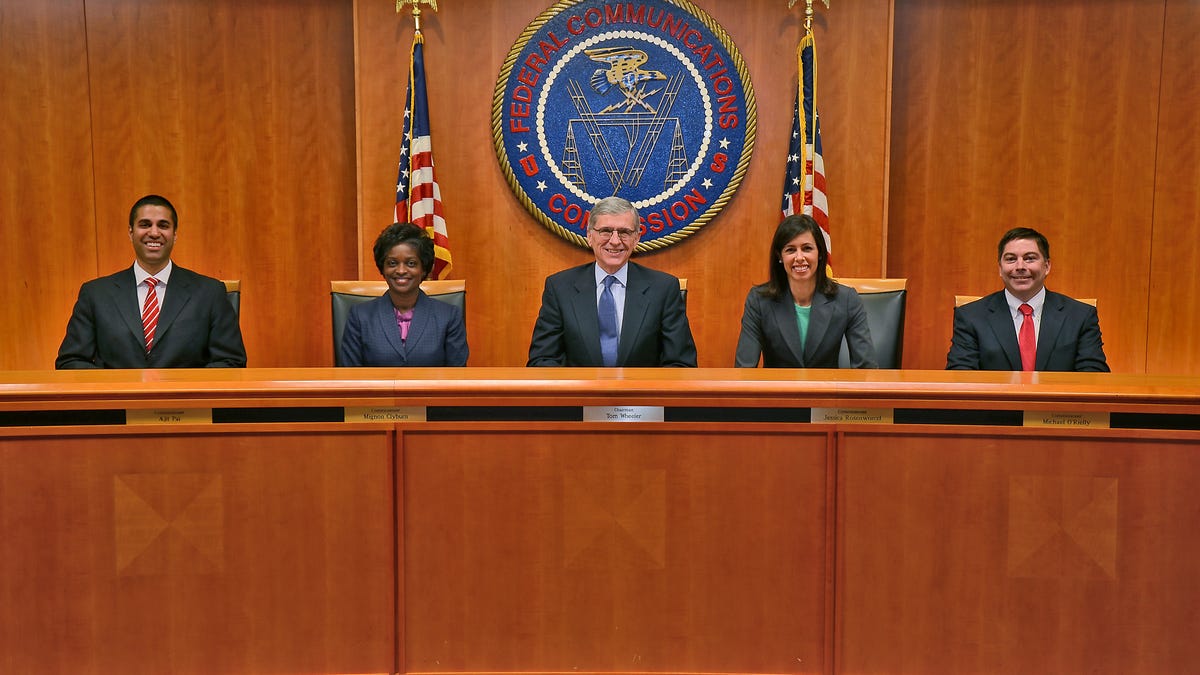lol, this is flat out embarrassing. Posted on his FB feed earlier today. Interestingly enough, it appears he got a nice little campaign contribution from Comcast not too long ago as well. Hmmm.
The biggest regulatory threat to the Internet is "net neutrality."
In short, net neutrality is Obamacare for the Internet. It puts the government in charge of determining Internet pricing, terms of service, and what types of products and services can be delivered, leading to fewer choices, fewer opportunities, and higher prices for consumers.
The Internet should not operate at the speed of government
The biggest regulatory threat to the Internet is "net neutrality."
In short, net neutrality is Obamacare for the Internet. It puts the government in charge of determining Internet pricing, terms of service, and what types of products and services can be delivered, leading to fewer choices, fewer opportunities, and higher prices for consumers.
The Internet should not operate at the speed of government

Comment